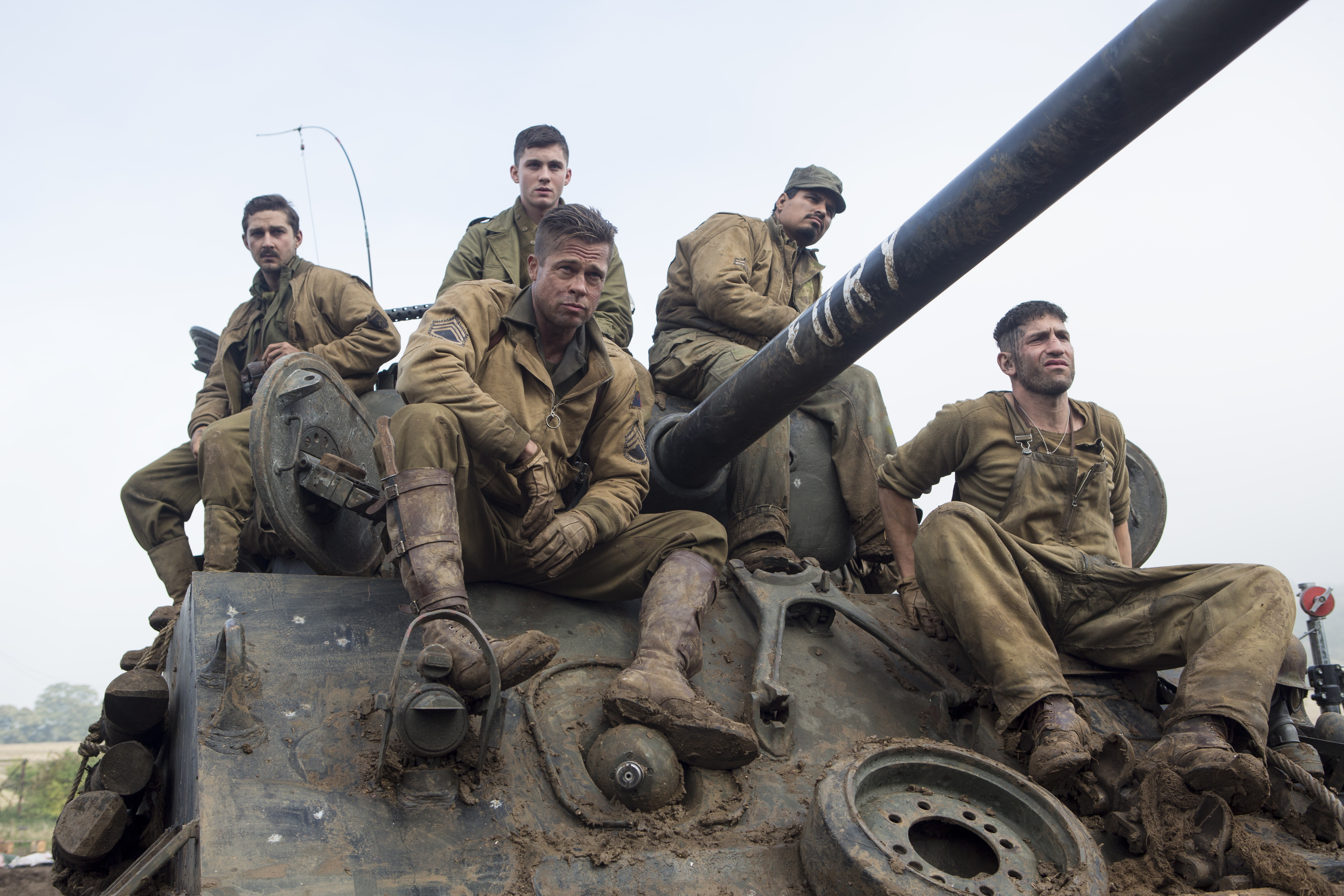But reading Arendt, I thought about one of the early scenes when the column of tanks passes hundreds of German refugees. Among this group of pathetic people carrying their meager belongs on the muddy road is a woman wearing her wedding dress. Her head is oddly tipped. The dress is dragging in the mud.
In any coffee shop, locker room, or restaurant, we hear people saying "Politics doesn't matter--they are all the same." Or "I don't care about politics."
In America we have the freedom to say those things, because in America we have the Rule of Law and who is in charge does not matter in the same way as in a real dictatorship. The scene with the refugees portrayed real roads full of German refugees at the end of World War 2.
Those men and women stumbling through the mud, hoping to get food, hoping to stay alive another day, dragging what few belongings they still had would never say politics doesn't matter. Just 12 years before, many of those refugees voted for Hitler the only time he actually stood for election. Because of that vote, American tanks were driving down the muddy road to kill more Germans in their country. And the men in those tanks were making jokes about how many chocolate bars or cigarettes they would need to have sex with any of the women on that road.
We can say politics doesn't matter. In Sudan, in Egypt, in Palestine, in Iran, North Korea, and Congo, no sane person says politics doesn't matter.
Other posts on Fury:
Fourth time watching Fury
Review
Faith in Fury
Memories










